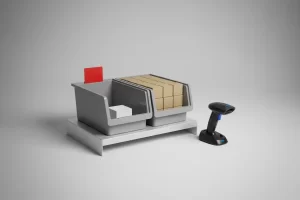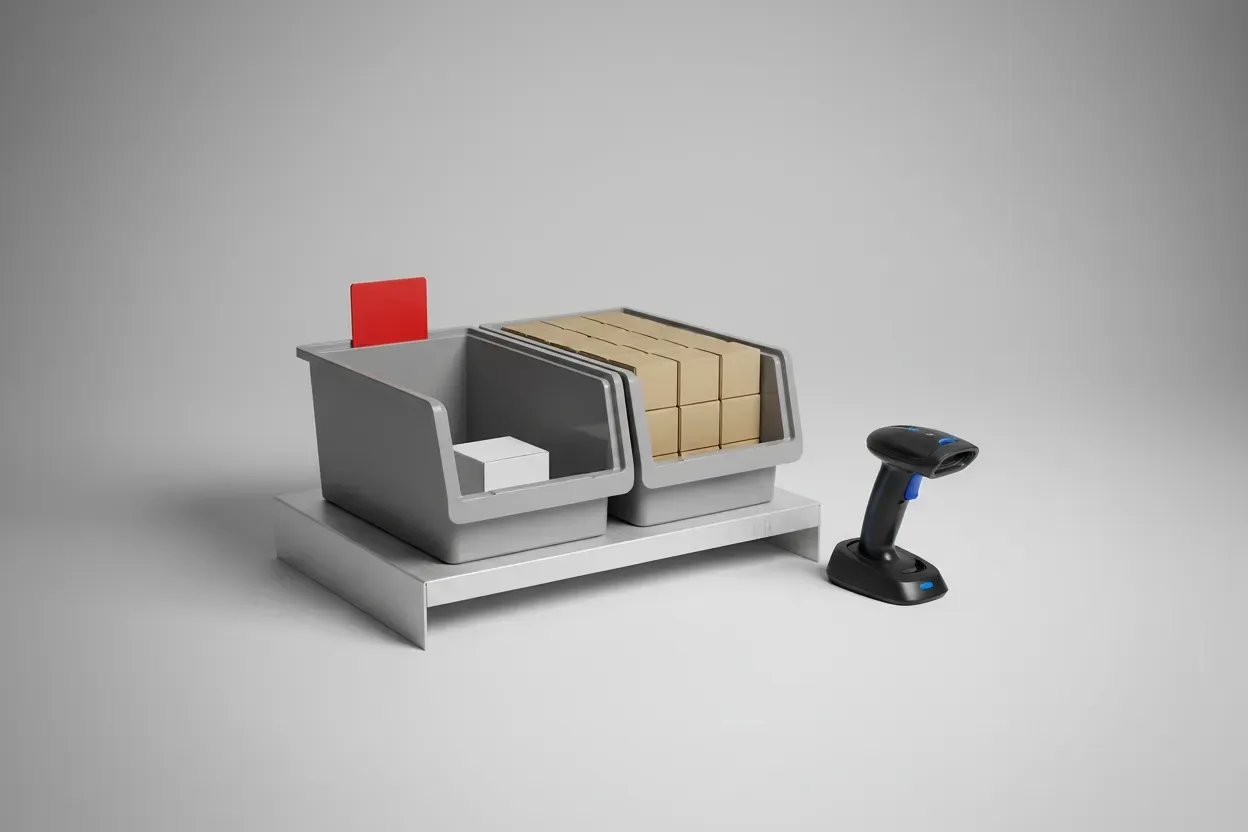What’s Your Approach to Managing Financial Stress as a Business Leader?
Navigating financial pressure requires both personal resilience and strategic thinking, so we sought out the wisdom of founders and CEOs to share their personal techniques. From scheduling “Crucible Sessions” to conducting a monthly budget analysis for expense control, discover the seven unique strategies these professionals employ to maintain clarity in their financial decision-making.
- Schedule “Crucible Sessions” for Clarity
- Hold a “Nature’s Budget Meeting” for Stress Relief
- Try Strategic Planning with Mindfulness
- Forecast and Plan for Financial Scenarios
- Put Pen to Paper for Focused Decision-Making
- Align Decisions with Goals and Budget
- Conduct a Monthly Budget Analysis for Expense Control
Schedule “Crucible Sessions” for Clarity
As an entrepreneur familiar with financial constraints and cash-flow challenges, I’ve developed a personal coping mechanism that has proven highly effective in maintaining perspective during high-pressure money decisions—I call it “crucible sessions.”
When faced with priority dilemmas or numerical uncertainties that threaten to escalate anxiety, I instinctively initiate time-outs for intensive yet compassionate financial reviews. In essence, I schedule contained meltdowns! By allocating this time for mental inventories early on, I prevent unproductive worrying from infiltrating my everyday thoughts.
My process revolves around three key touchpoints. First, I detail absolutes regarding non-negotiables to re-establish operational security. Then, I engage in brainstorming imaginative solutions, allowing myself to explore possibilities without being constrained by present assumptions. Finally, I systematically reconcile options deductively against realities. Simply verbalizing variables out loud truthfully brings relieving clarity.
Constructively confronting uncertainties on my terms, rather than avoiding unreliable unknowns, diminishes their disabling power through preparation. I’ve learned to panic productively! Though intense, allowing the ripples to course through while harnessing their current keeps decision-making in forward motion. My advice? Embrace the emotions around money early on through ritual purging sessions to sustain a clear vision.
 Brian Meiggs
Brian Meiggs
Founder, My Millennial Guide
Hold a “Nature’s Budget Meeting” for Stress Relief
To handle financial stress and keep a clear head when making decisions, I’ve started doing something a bit different—I call it my “Nature’s Budget Meeting.” Once a month, I get out of the office and go for a hike or a walk somewhere peaceful and natural. It’s a break from the usual busy office vibe and gives me a fresh, calm place to think about money matters.
I always bring along a notebook where I write down the key numbers and brainstorm ideas. Being out in nature, with all its quiet and beauty, really helps ease the stress and worry that often come with thinking about finances. It’s like the greenery and fresh air open up my mind, letting me think more creatively and clearly, away from the noise of technology and the pressure of the office.
I also do this mindfulness thing where I picture my financial challenges as a river I’m kayaking on. It’s a way of seeing money issues as part of a journey, with its ups and downs, rather than huge problems I can’t get past. This image helps me stay resilient and balanced. It reminds me that finances, like a river, are always changing, and dealing with them requires flexibility and a cool head.
 Garrett Yamasaki
Garrett Yamasaki
Founder & CEO, WeLoveDoodles
Try Strategic Planning with Mindfulness
To deal with the fact of financial pressure without it affecting decision-making clarity is essential. I incorporate a strategic-planning approach and mindfulness practices. Firstly, I concentrate on budgeting and financial planning so that I know where my money stands. This includes constant monitoring of incomings and outgoings, as well as the development of achievable financial targets, as conveyed by many sources cited below.
Secondly, I meditate and apply stress-reduction methods. This involves meditation and slow breathing, both of which assist in dealing with stress related to monetary pressures—constant maintenance of a level-headed attitude allows me to make sensible and rational choices despite the lack.
Lastly, this process requires seeking other points of view and advice. Having wider outcomes and perspectives also results from consulting financial advisors or mentors. Thus, a holistic approach gives me the opportunity to strike a balance between the emotional and rational aspects associated with making financial decisions.
 Lyle Solomon
Lyle Solomon
Principal Attorney, Oak View Law Group
Forecast and Plan for Financial Scenarios
A key technique I employ to cope with financial pressure and maintain clarity in decision-making is prioritizing financial forecasting and scenario planning. This approach is particularly effective and not commonly emphasized in typical financial management strategies.
Financial forecasting involves projecting future revenues and expenses. This helps in understanding potential financial challenges ahead and preparing for them proactively. For instance, during the early stages of CodeDesign, I realized the importance of forecasting to anticipate cash flow issues. This foresight allowed us to secure funding in advance, avoiding last-minute financial crises.
Scenario planning complements forecasting. It involves creating detailed plans for different potential financial scenarios, including best-case, worst-case, and most likely scenarios. This technique was crucial during the COVID-19 pandemic. When the pandemic hit, we already had a plan for a worst-case financial scenario. This pre-planned strategy enabled us to make swift and clear decisions, like adjusting our service offerings and focusing on digital marketing strategies that were more relevant during the pandemic, such as e-commerce optimization.
By regularly updating our forecasts and scenario plans, we ensure that we are never caught off guard by financial setbacks and can make decisions with a clear understanding of their potential impact.
 Bruno Gavino
Bruno Gavino
Founder, CEO, CodeDesign
Put Pen to Paper for Focused Decision-Making
As the owner of a small recruiting firm, I’m no stranger to financial pressures. And I know it’s crucial for me to keep a clear head and make emotionless budgetary decisions in the heat of the moment.
One trick I’ve adopted to keep calm during high-pressure times is putting pen to paper. In this online age, I’m usually looking at a screen when money is tight, juggling multiple tabs with my phone buzzing next to me. It’s not a setting conducive to focus.
Closing my laptop and jotting a few numbers down in a notebook I keep handy minimizes the chaos. I’m able to zero in on the exact issue without all the noise, and find I make better decisions this way. It takes the pressure off, and suddenly, I’m able to clarify my thoughts in a healthier way.
 Linn Atiyeh
Linn Atiyeh
CEO, Bemana
Align Decisions with Goals and Budget
Having a set of clearly defined goals is my anchor. I keep a written list that outlines both my long-term aspirations and short-term objectives. This list serves as a reminder and a compass that guides my financial decision-making. By regularly revisiting these goals, at least monthly, I assess my progress and realign my attention. This practice helps me to avoid distractions and unnecessary expenses that don’t contribute to my goals.
Creating a budget tailored to these goals is invaluable. It allows me to allocate resources effectively, prioritize expenses, and measure the impact of my financial choices in real time. Whenever I encounter new or unexpected financial demands, I reference my budget and goals to determine the best course of action. This approach maintains clarity and instills a sense of discipline and accountability.
 Keith Evans
Keith Evans
Founder, Keith Evans Photography
Conduct a Monthly Budget Analysis for Expense Control
The technique that helped me alleviate money-related anxiety was making a solid and regular analysis of my expenses. Distinguishing my spending profile has immensely contributed to my financial well-being.
I recommend starting a monthly budget planner based on your previous money management. There are plenty of free online tools to assist you in monitoring and planning your money flow. Divide your permanent expenses into different categories, such as bills, groceries, entertainment, etc., but also set aside the unexpected fees.
At the end of the month, review the statistics and identify categories of items you can substitute with more economical alternatives and plan the upcoming month within the budget you want to adhere to. Such knowledge will help you make conscious financial decisions the following month. But, most importantly, this awareness will help you feel in control of your finances, which will help you cope with a feeling of insecurity.
 Martyna Szcześniak
Martyna Szcześniak
Community Expert, MyPerfectResume
Submit Your Answer
Would you like to submit an alternate answer to the question, “What personal technique do you use to cope with financial pressure and maintain clarity in decision-making?”






































